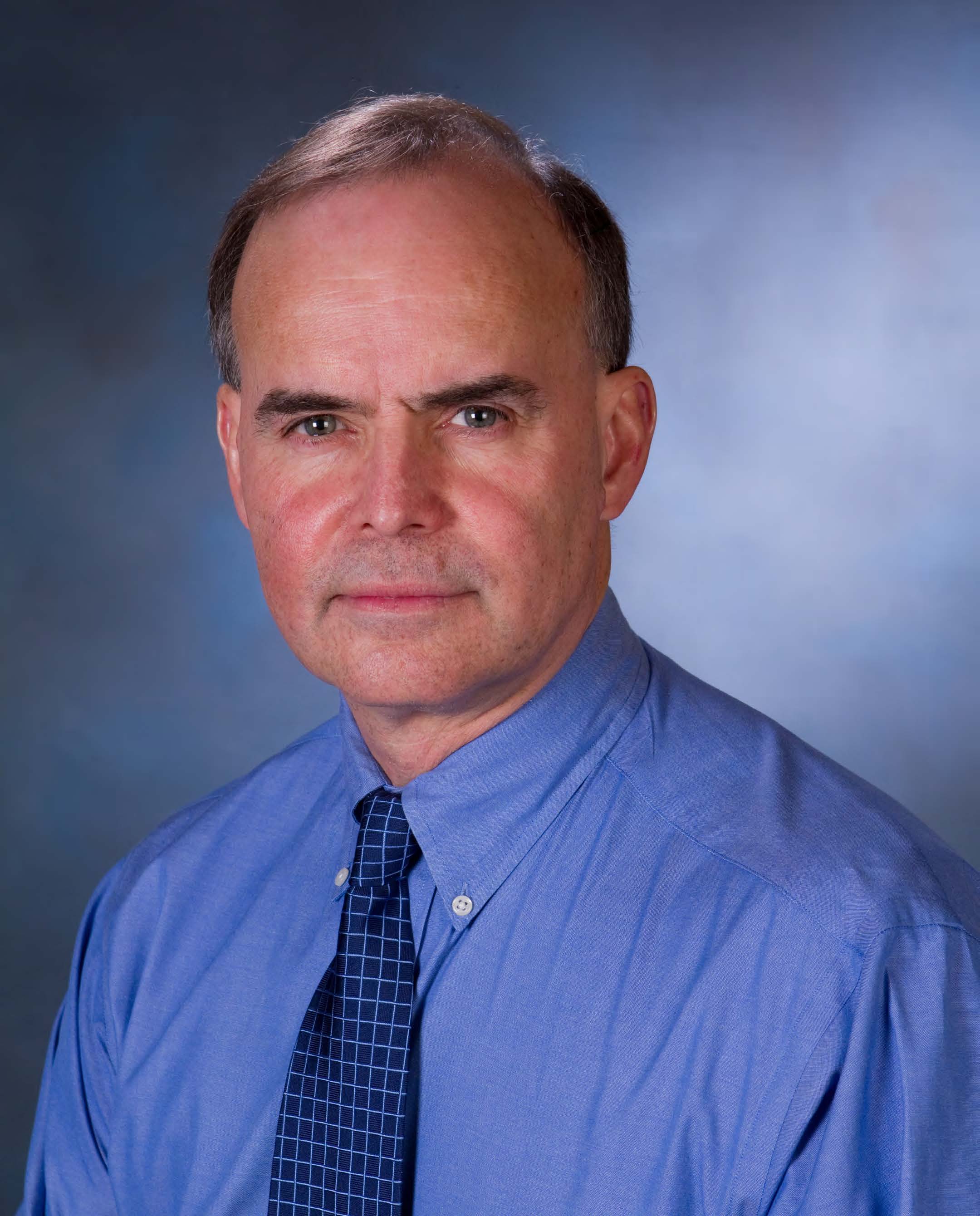I ended the most recent submission in this series with an observation: We could do so much worse than taking some time now to find just enough courage to acknowledge that we face some fact-based challenges in the years to come.
I cannot imagine it's easy to rationalize or explain away these energy supply and climate change facts as incidental or irrelevant, yet there are many who seem to do just that. Worse still, their prominent voices are impacting many others who do not have all of the facts at their disposal.
Now that we have a new and dangerous White House occupant who clearly spends little time familiarizing himself with facts, truths, evidence, expertise, and reality beyond his "very good brain," the inevitable consequences sure to come from the dual strategy of Deny and Do Nothing are certain to cause some major harm to just about everyone--deniers and doubters among them.
Welcome to the wonderful world of misleading, misinforming, and distracting via pseudo-science....The anti-peak oil and climate change denial tactics are no different than those employed by officials and executives who sought to convince an unknowing public that tobacco use had no accompanying health risks. It's an effective strategy; all the more so when integrity, honesty, full--albeit unpleasant--disclosure, and concern for the long-term public good are heavily discounted.
To defend those beliefs, few dismiss the authority of science. They dismiss the authority of the scientific community. People don't argue back by claiming divine authority anymore. They argue back by claiming to have the truer scientific authority. It can make matters incredibly confusing. You have to be able to recognize the difference between claims of science and those of pseudoscience.
Science's defenders have identified five hallmark moves of pseudoscientists. They argue that the scientific consensus emerges from a conspiracy to suppress dissenting views. They produce fake experts, who have views contrary to established knowledge but do not actually have a credible scientific track record. They cherry-pick the data and papers that challenge the dominant view as a means of discrediting an entire field. They deploy false analogies and other logical fallacies. And they set impossible expectations of research: when scientists produce one level of certainty, the pseudoscientists insist they achieve another....
Pseudoscience is the form of science without the substance.
But one dilemma rises up almost immediately. The author of the prior quote explains it this way:
The evidence is that rebutting bad science doesn't work; in fact, it commonly backfires. Describing facts that contradict an unscientific belief actually spreads familiarity with the belief and strengthens the conviction of believers. That's just the way the brain operates; misinformation sticks, in part because it gets incorporated into a person's mental model of how the world works. Stripping out the misinformation therefore fails, because it threatens to leave a painful gap in that mental model--or no model at all.
That psychological inclination used by all is likewise not an unknown. Deniers/GOP mouthpieces are well-versed in employing tactics intended to reinforce that response and reaction. Repeating the same messages--truth be damned--serves a valuable purpose " at least to and for the few.
Once more from that same writer:
So, then, what is a science believer to do? Is the future just an unending battle of warring claims? Not necessarily. Emerging from the findings was also evidence that suggested how you might build trust in science. Rebutting bad science may not be effective, but asserting the true facts of good science is. And including the narrative that explains them is even better.
Unfortunately for those whose motivations to mislead about; deny; distract from; or simply withhold facts are serving them well today, those facts aren't going away.
When even the densest or most doctrinaire ideologue is left with no choice but to acknowledge the reality and consequences of a warming planet and the built-in limitations of finite resources depended upon as extensively as are fossil fuels, What Happens Then?
What reactions can be expected when it dawns on those victimized by trusted leaders' self-serving efforts that they are then left with the unpleasant truths and impacts of climate change and peak oil--and few if any means to either adapt or resolve? Nothing pleasant should be expected, for one. When the realization immediately following is that so many opportunities over such a long period of time have been squandered to protect the interests of the few, What Happens Then? is definitely not going to be a pleasant experience for any of us.
It's not too late to start recognizing the facts at hand, however distressing their potential outcomes might be. Planning while we still can and preparing while we still have at least some means available remains an option.
A choice....
Adapted from a blog post of mine






